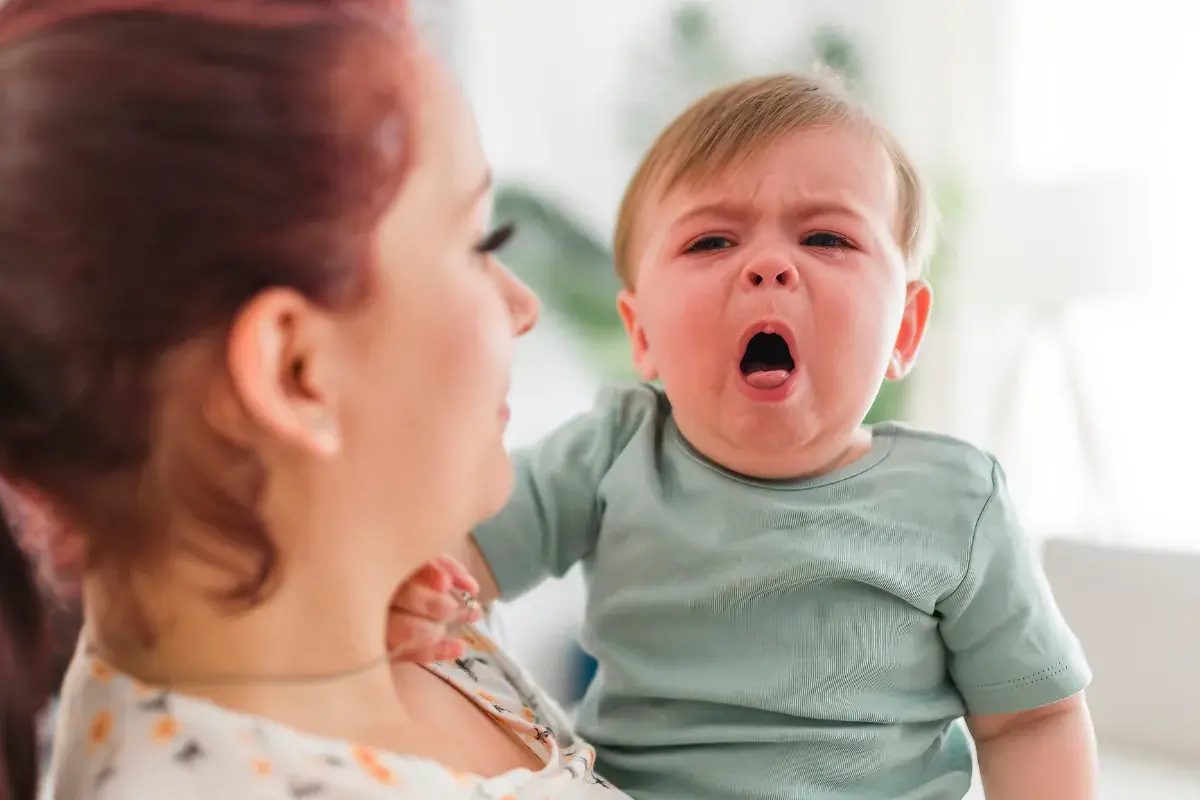Whooping cough, also known as pertussis, is far more than just a simple cough. It is a dangerous and highly contagious bacterial infection that affects the respiratory system and, most alarmingly, puts the lives of the youngest children at risk. Babies under one year old are particularly vulnerable, as they may suffer severe complications that impact their breathing.
What is Whooping Cough?
Whooping cough is caused by the bacteria Bordetella pertussis, which attaches itself to the respiratory tract, releasing toxins that inflame the tissues and make breathing difficult. Although it can affect people of any age, its impact is devastating on babies, whose immune systems are not yet fully developed.
How Does It Spread?
Whooping cough spreads through droplets expelled when coughing, sneezing, or even talking. Infected individuals can transmit the disease to others even before the more obvious symptoms appear, making it particularly dangerous.
Symptoms
The early symptoms of whooping cough can easily be mistaken for a common cold. These include:
- Low fever
- Nasal congestion
- Mild cough
However, after one to two weeks, the disease reveals its true severity:
- Rapid coughing fits that can last up to 30 seconds.
- A characteristic “whooping” sound when inhaling after a coughing fit.
- Vomiting after intense coughing episodes.
Severe Complications in Babies
For babies under one year of age, whooping cough is not just an inconvenience but a serious threat. Coughing fits can be so intense that they leave babies breathless, which can lead to:
- Cyanosis: A concerning sign where the baby’s lips and nails turn bluish due to a lack of oxygen.
- Extreme exhaustion: Coughing episodes leave babies completely fatigued.
- Pneumonia: A secondary but common complication that can endanger the baby’s life.
- Seizures or brain damage: In extreme cases, oxygen deprivation can cause irreversible neurological damage.

“I have seen cases where babies, after a coughing fit, simply stop breathing. It’s a distressing experience for any parent, but it is also preventable with the right actions.” – Dr. Denise Nuñez
Can It Be Prevented?
The best defense against whooping cough is, without a doubt, vaccination. The DPT vaccine (diphtheria, pertussis, and tetanus) is highly effective and is administered in multiple doses starting at 2 months of age.
Important Recommendations:
- Vaccinate caregivers: All adults in close contact with babies should ensure they are vaccinated against whooping cough, especially pregnant women and grandparents.
- Boosters: Don’t forget DPT booster shots, especially for older children and teenagers.
- Additional measures: Wash hands frequently and avoid contact with individuals showing cold-like symptoms.
You may be Interested in:
Whooping cough is a dangerous but preventable disease. While its early symptoms may seem harmless, the reality is that it can have devastating consequences, especially for babies. Vaccination, early diagnosis, and proper preventive measures are our best tools to protect the most vulnerable.
If you want more information about vaccinations and other medical topics, check out Dr. Denise Núñez’s advice. Follow me on Instagram, Facebook, Twitter, and LinkedIn. Let’s work together to ensure our little ones live healthy lives with habits that maximize their well-being.






